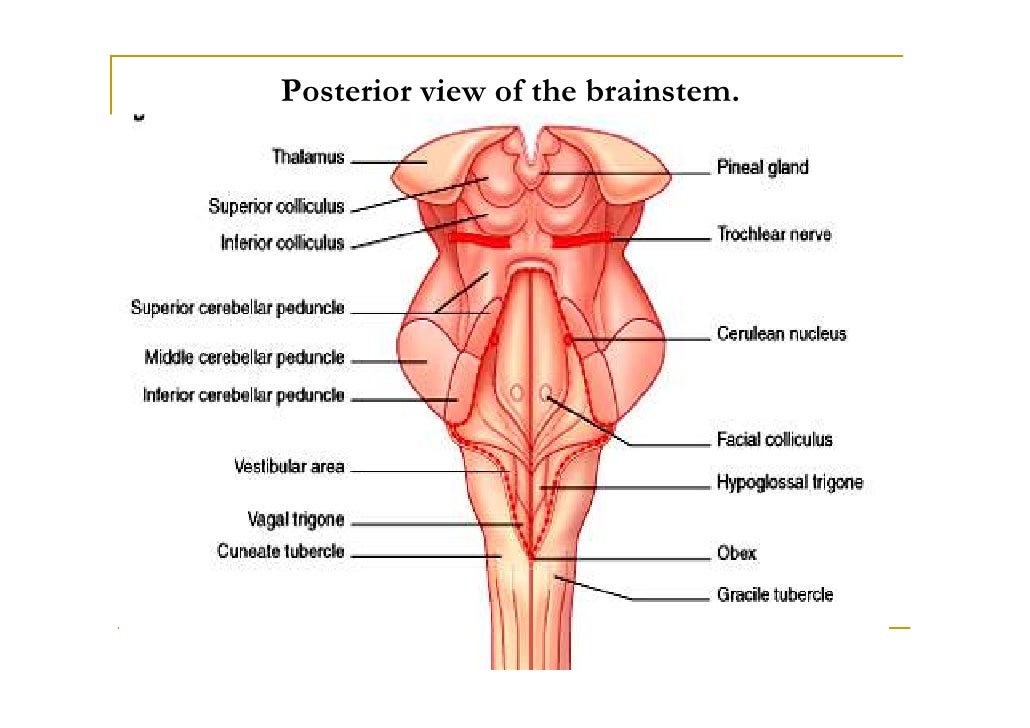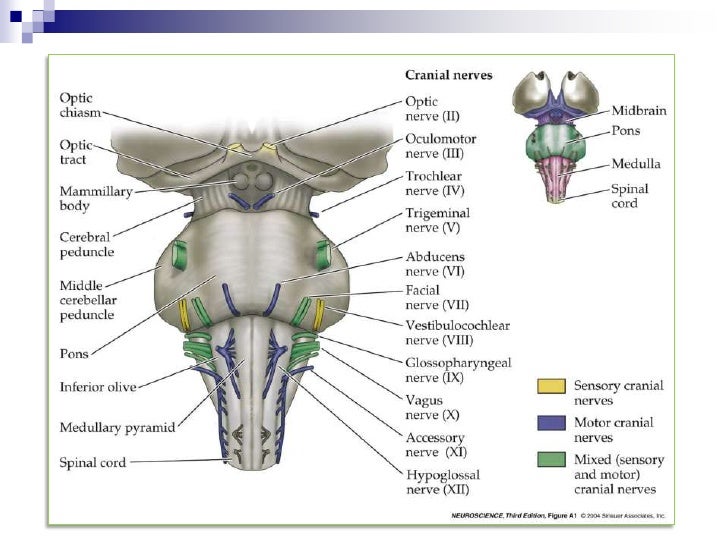The crux of the book is ways to make people like you, much of which is common sense.
General Principles
- Friendship =Proximity + Frequency + Duration + Intensity
- Developing 'common ground' is naturally a fast way to develop rapport
- Avoid invading people's personal space with your eyes.
If you want to hold extended eye contact i.e. max 3 secs then slowly turn your head while holding gaze which should soften the impact of this.
- Touch people!
- If hand touching is tolerated this is a good barometer for romance.
- Interlocking of the fingers during hand holding is the most intimate form of hand holding.
- Most people will tolerate an accidental touch, even if they don’t like the person touching them, but they will unconsciously send nonverbal signals indicating the acceptance or rejection of the touch (hence it is a risk free strategy to assess rapport if done appropriately).
- Golden Rules of Friendship:
Keep the focus on the listener.
Make people feel good about themselves...
Facilitate them 'complementing themselves'
- When you are right and someone else is wrong, give that individual a face saving
way to carry out your wishes with a minimum of embarrassment and/or humiliation. The person will like you a lot more for your efforts on their behalf.
E.g. better to ask you boss for advice on something you noticed rather than pointing out an error. People generally appreciate being asked for advice.
- People are more likely to do things such as provide better service, give airline upgrades etc. for people they like rather than people who shout at them!
Joining Conversations
- If you see two people who are facing each other—each with their feet pointing toward the other person—they are telegraphing the message that their conversation is private. Stay away. They do not want outsiders to interrupt.
Cf. if two people are facing each other with their feet askew, this leaves an “opening”
and sends the message that they are willing to admit a new person to their group.
- When you enter the once empty space, listen to the conversation thread and wait for a pause before saying anything.
- Pausing to ensure someone has truly finished is good practice before speaking- especially if they are an introvert (typically take time to think and gather their thoughts before speaking) .
- Almost everyone likes music
Empathic Statements
- Basic empathic statements such as “You look like you are having a bad day” or “You look happy today” let people know that someone is listening to them and cares to some degree about their wellbeing.
- A basic formula is "so you"...
E.g. so you feel frustrated and let down this this has not been performed as you were expecting
- You can naturally say, “So, things are going your way today,” mirroring back their physical nonverbal cues.
- When you are struggling for something to say, fall back on the empathic statement. All you have to remember is
the last thing the person said and construct an empathic statement based on that information
E.g. It takes a lot of dedication and determination to commit to a project of that magnitude.
- You can be almost certain, for example, that if you eat out at a restaurant during prime dinner hours, your server will be rushed. Simply saying, “Boy, you look busy!” will usually bring an affirmative response and, along with it, superior service. Same could probably be reliably true of an A&E nurse etc.!
Or, “Boy, you’re really busy! I don’t know how you do it.” Or: “Boy, you’re busy! There’s no way I could keep up with all those orders.”
Complements and Romantic Interest
- Third party complements are where you praise someone to a third party knowing it will likely be fed back to them. Often more credible than direct complements.
- Asking for a favour makes people more predisposed to like you e.g. please watch my drink (Cf. Cialdini)
- A deep, low pitched voice conveys romantic interest.
- Dragging out a word can signal interest. Actors in movies often drag out the greeting “Hello” to signal romantic interest.
- a slow, soft spoken voice with normal inflections conveys empathy. You often hear this type of
communication at funerals or during tragedies.
- Conversely a loud voice voice may seem overbearing.
- People have a need to be right, but people have a stronger need to correct others. The need to be correct and/or to correct others is almost irresistible. Making presumptive statements is an elicitation technique that presents a fact that can be either right or wrong....good way to keep a conversation going.
- Also, reciprocation.Instead of directly asking
them, “Where do you work?” tell them where you work first. People will tend to reciprocate by telling you where they work. This elicitation technique can be used to discover information about people without being intrusive and appearing nosy.
- When strangers meet, they typically touch one another on the arms below the shoulders or on the hands. Any touching that occurs outside this public touch zone suggests a more intense relationship.
- Women who feel comfortable with the person they are talking to will often reach out and give the other person a light touch on the forearm or knee if they are both seated. This light touch indicates that rapport has been established.
- The most intimate (nonsexual) place a man can touch a woman in public is the small of her back.
If the man extends his arm and hovers over the small of the woman’s back, he is staking his claim, but he has not yet earned the right to invade the woman’s personal space.
- Preening gestures such as picking lint off a partner’s clothes or straightening his tie or coat are also signs of good rapport. Self-preening, on the other hand, particularly when it is done to avoid looking at the other person or carried on over an extended period of time, is often a foe signal indicating lack of interest in the relationship (I have heard some descriptions to the contrary regarding this though).
Rapport
- Intentionally mirroring another individual’s body language promotes rapport.
- You can test this via changing your body position. If you have established rapport, the other person should mirror you within twenty to thirty seconds.
- If you are concerned about her crossing her leg you could mirror then work and rapport and then uncross. Hopefully she will follow.
- Hair flip if accompanied by mutual gaze is a good signal of rapport, if not it may be a 'bitch flip'.
- A person’s feet will often point in another direction to subconsciously telegraph a desire to leave...often more honest than their face .
- In testing for rapport using torso movements, the basic rule to remember is that people who share rapport will orient their bodies toward each other e.g. leaning in, turning
-A woman who does not have good rapport with the person she is talking with will often use her purse to create a barrier. This usually involves picking up her purse from the floor and bringing it to her lap. This signals that rapport has not yet been established or that the rapport is deteriorating.
- If the person across from you places his or her cup between the two of you, the cup forms a barrier, which signals that rapport has not yet been established.
- According to this, hair twirling is a -ve indicator unless a habit as is self-preening.
- Anxious people will signify their uneasiness by prolonged eye closure.
Relationships
- To care effectively. C = Compassion/concern A = Active listening R = Reinforcement E = Empathy
- Be prepared to compliment your partner when they make a good point or suggestion. All it takes is a willingness to observe your partner so you can spot the praiseworthy behavior when it occurs
and then the effort required to actually voice your positive attention.
- To listen, focus on their words (and tone and body language), not your thoughts or reply.
- Empathic statements like “You must really be hurting” when learning your loved one has suffered a setback
- IN CASE OF DIVORCE . . . BREAK GLASS
Online Relationships
- Introverts disclose more information on social networks than they do in facetoface
encounters
- Internet relationships often violate relationship expectations because partners are propelled to a higher level of relationship intensity before they are psychologically prepared to do so. This creates vulnerabilities for both partners to the interaction.
- Developing competing hypotheses reduces the effect of truth bias e.g. this person could be a catphish.
- Slowing the development of the relationship reduces your emotional investment, thus minimizing the emotional cost of breaking off the relationship.
- Relationship development takes patience (like a SJG affair!).
(Other people's) anger management
- Angry individuals are not open to solutions when they are mad, because their ability to think logically is impaired. The body takes about twenty minutes to return to normal after a full fight or flight response.
- Anger needs fuel.
Try the “Big Three” Approach to Breaking the Anger Cycle: Empathic Statements, Venting, and Presumptive Statements
EMPLOYEE: You’re upset because the client is expecting the report this afternoon. (empathic statement)
EMPLOYEE: You’re disappointed because you expected me to have the report finished this morning. (empathic statement)
- Empathy quickly leads to trust. The more you can empathize, the more you can get immediate feedback on what a person is thinking about what you are saying to them.
- The idea is to go in, test the temperature, and then get out to a place where you can think more rationally.
- To people who are not angry, empathic statements might seem patronizing, but this is not the case for angry people.
- Anger is just a symptom of an underlying problem. Empathic statements should target the underlying problem. Exposing the real cause of the anger will promote venting, which can be controlled by constructing effective empathic statements.
- A natural pause occurs after each venting event. During this pause, you should construct an empathic statement.
Presumptive statements direct angry people to take a course of action that leads toward
conflict resolution.
e.g. After a series of empathic statements, my wife’s anger burned off. She let out a great sigh and her shoulders slumped. Her anger was spent. Now was the time to deploy a presumptive statement
-e.g. Why don't I take us out to a nice restaurant. You deserve it.
Rejection of the presumptive statement typically indicates that the person has not completely vented his or her anger.
Ergo more time needs to be spend on the process.
Let’s work together to come up with a solution to this problem. (presumptive statement) Would you like that?” (The visitor cannot say “No” without appearing unreasonable.)
Giving angry people two options to choose from creates the illusion that they’re in control.
Veracity
- When you ask someone a direct yes or no question and they begin their answer with the “Well,” there is a high probability of deception.
- The truth is simple. The truth is direct. The truth is not complicated.
- When someone provides you with an answer to a question, simply ask them “Why should I believe you?”. Because I'm telling the truth is the most credible answer. It's more suspicious if they do not answer the question.


